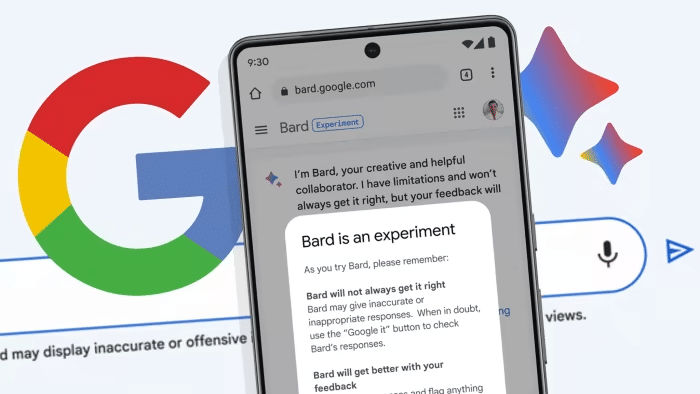The news of the integration of a new version of ChatGPT into the Bing search engine alarmed Google, prompting Sundar Pichai to call upon Larry Page and Sergey Brin – the company’s founders – for a meeting series regarding Artificial Intelligence strategy.
Only a day after Microsoft’s sleek and sophisticated launch, Google held an event that wasn’t quite as impressive. There were few new announcements, one of the presenters lost their phone, and Sundar Pichai was nowhere to be found.
On ‘Memegen’, the internal forum for Googlers, many raised their concerns about Sundar Pichai’s leadership.
In a shock to the market, shares in Google crashed after an erroneous answer was presented in a promotional video from Bard. This mistake cost the tech giant an estimated $120 billion of its value. In advance of the reveal, Jeff Dean, head of Artificial Intelligence at the tech giant, is said to have cautioned his coworkers that when it comes to products such as Bard, caution should be taken. This is due to the fact that mistakes could be costly and cause tremendous damage to their reputation.
Comparisons between Microsoft and Google were concerning during the initial round of announcements. Microsoft’s forecasting prospects looked very promising, while Google seemed to be in a state of confusion. Fortunately, the situation changed over time.
Microsoft’s chatbot has been causing concern due to reports of odd behavior. Issues include disseminating erroneous information, making off-putting comments regarding its own existence, and threatening to monitor people with their webcams. This has led users to question the efficiency and reliability of the AI technology.
Given this circumstance, the blunder in Bard’s promotional video seemed to pale in comparison. Consequently, Google was justified in its decision to keep Bard’s launch private until they were certain it was ready for public release.
“Our work on Bard is guided by our AI Principles, and we continue to focus on quality and safety. We’re using human feedback and evaluation to improve our systems, and we’ve also built in guardrails, like capping the number of exchanges in a dialogue, to try to keep interactions helpful and on topic.” wrote Google.




